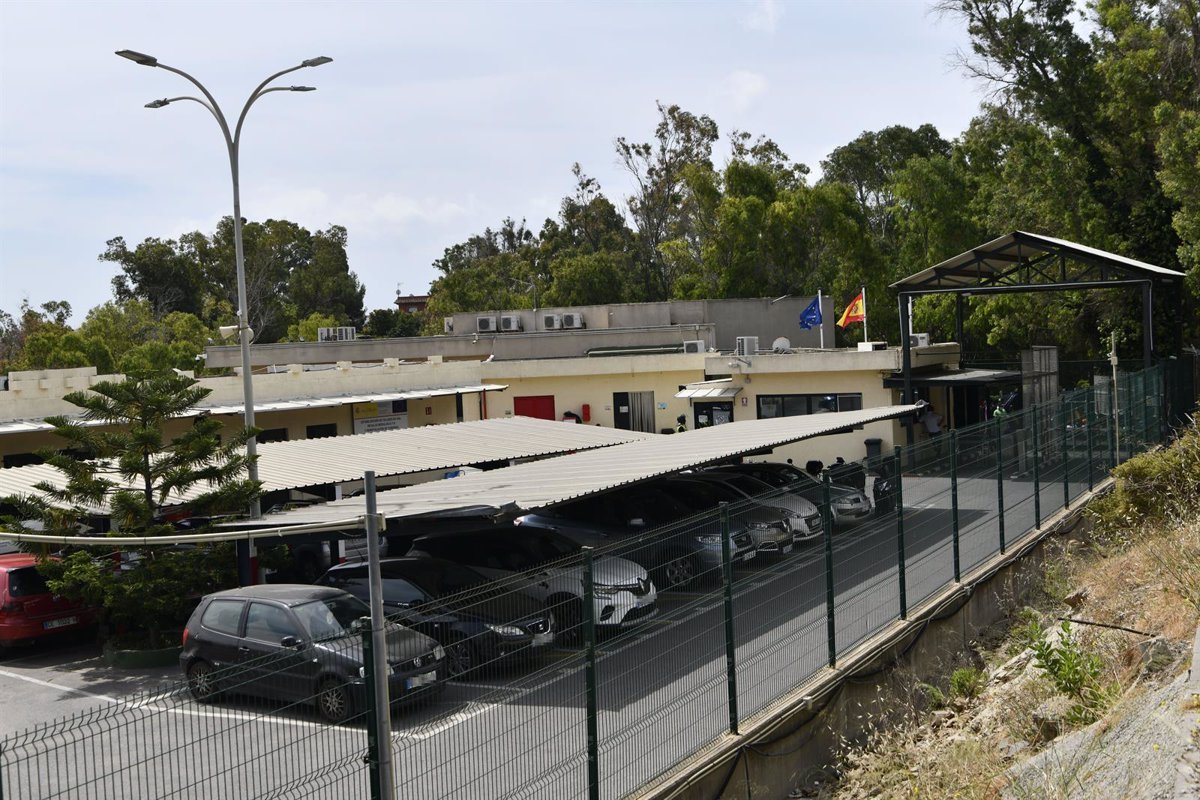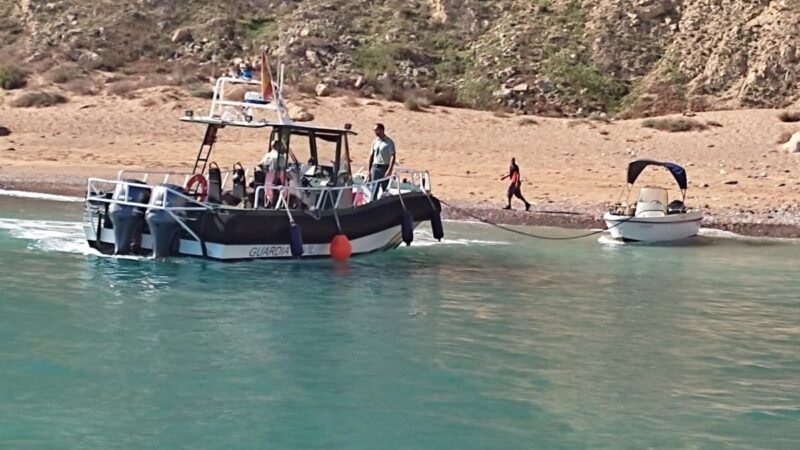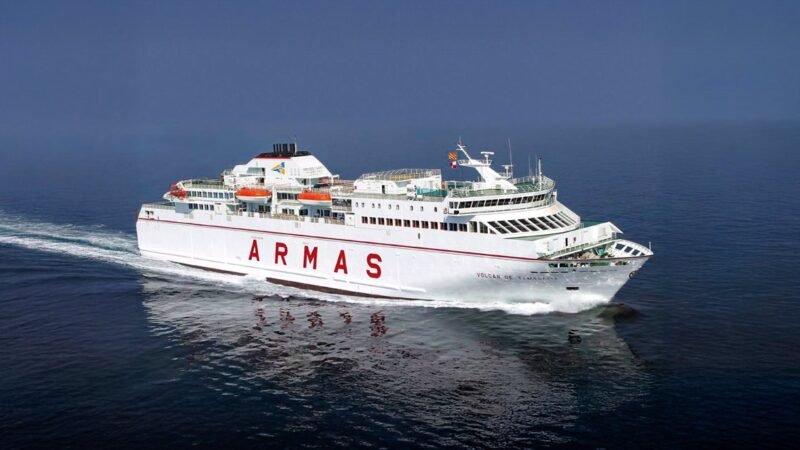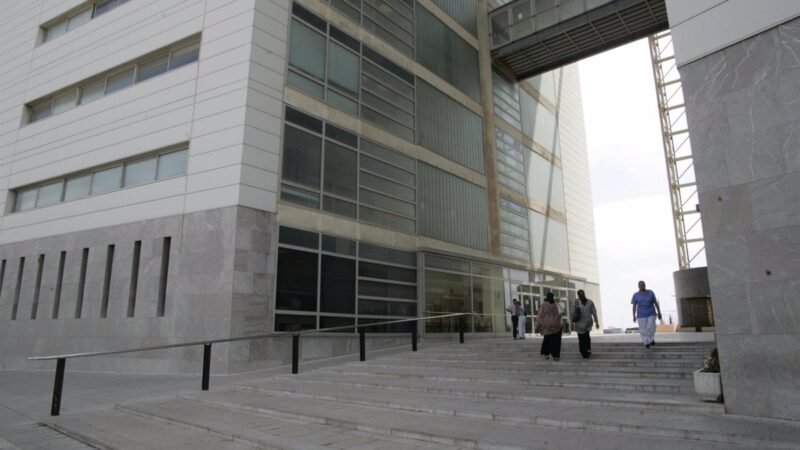A total of 28 non-governmental organizations (NGOs) denounced on Thursday that at least nine individuals of Moroccan nationality are in a street situation in Melilla, after arriving in the city and being denied entry to the Temporary Stay Center (CETI), according to a statement accessed by Europe Press.
The NGOs have criticized that this situation «is a serious discrimination based on nationality» because «according to reception criteria, individuals of Moroccan nationality cannot access humanitarian assistance.» Furthermore, they emphasized that recent changes in the meeting system for international protection procedures, moving from face-to-face to online, still prevent these individuals from «obtaining asylum in Spain.»
The signatory entities denounced, above all, «discrimination based on nationality for entry into the CETI in Melilla and Ceuta.» This discrimination, they added, is manifested «in the exclusive requirement for Moroccans to present documentation demonstrating their status of international protection.» For the NGOs, «this requirement violates the right of access to the humanitarian assistance program.»
The signatories of the report indicated that the Management of CETI in Melilla, after meeting with the Ministry of Migration, referred to an alleged agreement between Spain and Morocco. According to this agreement, individuals of Moroccan nationality would be excluded as beneficiaries of the humanitarian assistance program. In view of this, the NGOs have emphasized «the discriminatory nature of this measure and the lack of transparency regarding cooperation agreements.»
They also reproached the «violation of the right to apply for asylum.» Additionally, they explained that «despite the fact that individuals verbally expressed their willingness to apply for international protection, the traditional proof of demonstration mentioned is not issued in Melilla or Ceuta.» This, they continued, generates «legal insecurity and helplessness in individuals seeking asylum.»
For these 28 NGOs, the refusal to issue this document is «serious» because, in their opinion, it «violates the principle of non-refoulement.» Furthermore, «they condition access to the CETI, leaving the affected individuals in a street situation,» they said, noting that this situation has persisted for over two weeks in the case of Melilla, where «there are no housing alternatives for newly arrived individuals.»
In their letter, they indicated that the affected individuals expressed difficulties in accessing the online scheduling platform. «The National Police only provided a QR code to access the website, but many of these individuals do not have mobile connection devices or internet access,» they said. Additionally, they added, «The site is only available in Spanish.»
The signatories indicated that the affected individuals arrived at the CETI, some even with wet clothes and no shoes, after crossing. Despite this fact, they «were referred to the Asylum office, which was closed.» «On all occasions they went to the CETI, they could not speak with the staff, as a private security guard indicated they should go to the border posts of Beni Enzar and Tarajal.»
As they pointed out, these individuals were caught in «a bureaucratic dead-end,» despite being individuals «in a situation of extreme vulnerability, without economic resources and living on the streets.» «Some said they were victims of pushbacks by Spanish authorities, and at least one individual required medical attention.»
In light of this situation, the complaints were submitted to the Ombudsman to report the facts and request a statement. «This situation shows the violation of human rights that systematically takes place at the Spanish state borders, within a framework of structural racism,» they stated.
The NGOs have requested that cooperation agreements between Spain and Morocco be made public «immediately.» «The lack of transparency in the protocols and regulations governing the Procedure and Migration Management Centers is a constant concern in the context of Melilla and Ceuta,» they concluded.
Among the signatory entities of the Brief, sponsored by the solidarity wheels of Melilla, include Amnesty International Spain, APDHA, Algeciras Bencomome, Algora, Asamblea Plaza de Los Villages, and the Colectiva de Territorio Interno Association, Brazilian Women against Fascism and Racism from Barcelona, Ionia, the Defense of Human Defense Center, Draks, Foundation Fündec, and No Name Kitchen, among others.








